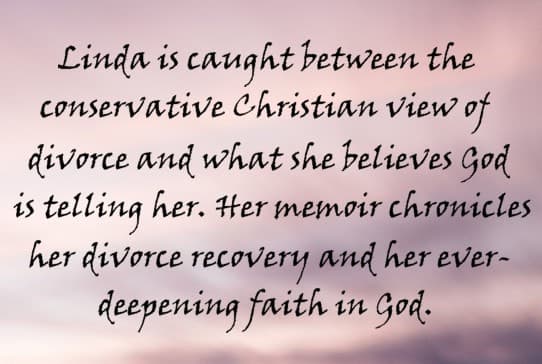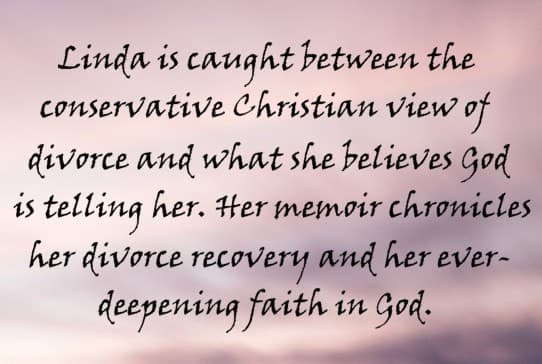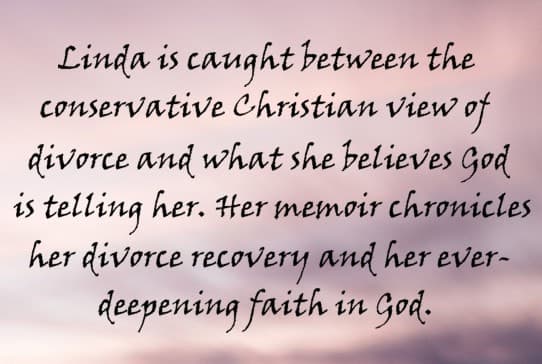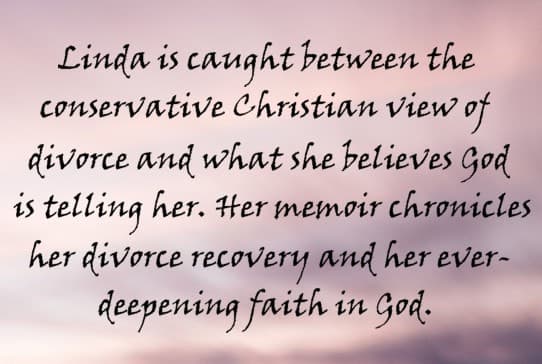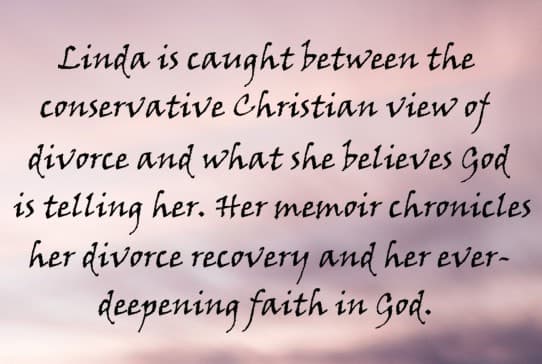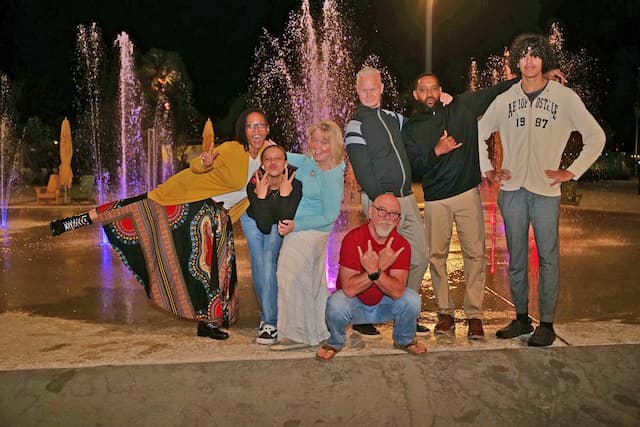How to Help a Loved One in an Abusive Relationship
"No one teaches us how to support a friend in peril. Whether it’s after a divorce, a miscarriage, a job loss, or the death of a child, people mean well, but the wrong words can come burbling forward," writes Lizbeth Meredith.
Lizbeth has had extensive experience with this subject, being an abuse victim herself, and then working with the abused and their families. The following paragraphs are an excerpt from her video course, How to Help When Your Friend is Being Abused. I've reviewed this course and know it's applicable to helping a loved one or family member who is a victim of domestic abuse. Here's Lizbeth's advice:
One of the most challenging roles is supporting a loved one who is being abused in an intimate relationship. Because too often, after your loved one discloses awful truths to you in confidence and commits to leaving the abuser, the tide changes. The abusive partner demonstrates remorse. Apologies are made. Flowers are sent. Behaviors temporarily improve. And just like that, your friend softens her story, maybe recants it, or breaks contact with you altogether. Until the next act of emotional, physical, or sexual violence occurs.
Your phone rings … again.
I remember being that person, reaching out to a selective friend or two to unveil the horrors that had become my life. And then shrinking away when I decided to forgive and forget, and to maintain my marital vows. Two years after leaving my violent marriage, I became a domestic violence (DV) advocate, and witnessed first hand how stressful it was to friends and family to watch, powerless, as the person they cared about suffered.
While each abusive relationship is unique, it is typical for the process of leaving to take several attempts. “Leaving abuse isn’t a one-time event,” I used to say as a DV advocate. “It’s a process.” That process can take years to resolve.
It’s for this reason that I created a Udemy course:
How to Help When Your Friend is Being Abused
(Udemy has the world’s largest selection of video courses taught by experts in their fields.)
Designed for the empathetic friend, sister, or even supervisor of an abuse victim, the course is intended to be a tool to help stay safe and sane while making a positive difference in the life of the abused friend or relative. It’s okay to be unsure of how to support your loved one. It’s okay to get tired of hearing the same story, over and over. And it’s more than okay to learn to recognize the signs of when you need to set limits and perhaps even distance yourself from the situation.
If you don’t take care of yourself, you may find yourself saying some things that aren’t okay. Like “I’m so sick of hearing this same story, over and over. Decide already!” or “What you need to do is ___” or, “I can’t believe you’d put it with that. I would never let someone treat me like that!”
This doesn’t make you a bad person. But it does signal that it’s time to rely on reinforcements. There are professionals, domestic violence advocates, whose very job is to listen to domestic violence victims without judgment and guide the conversation to reveal dangerous or dysfunctional patterns.
Domestic violence advocates can help create a safety plan. They are invaluable for understanding local resources. And they understand it is not their job to push a victim to leave, or to advise her to stay. That important decision that comes with so many unintended consequences, must be hers.
Signs you may be suffering from compassion fatigue:
- Feelings of guilt while avoiding phone calls from your loved one, knowing she will want you to listen to her current crisis.
- A sense of dread when you think about seeing her, knowing the conversation will be a monologue, not a dialogue, about her being mistreated.
- A clenched jaw or tightening around the neck area as you suppress the urge to say, “Would it be too much to talk about something besides your relationship? Could we talk about what’s going on with me once in a while?”
Abuse in an intimate relationship flourishes when the victim remains isolated. Knowing what to say and where to refer can make a powerful difference in interrupting the cycle of violence.
Lizbeth Meredith is a Udemy instructor and author of Pieces of Me: Rescuing My Kidnapped Daughters, a memoir recently optioned for television adaptation by Cineflix. You can find her at lameredith.com
Blessings,
Do you have a divorce experience to share? Have you been shamed or helped by a church because of your divorce? There are hurting people who need to hear your story, who need to know they are not alone, and who need to be encouraged. If you are interested in sharing your story, email Linda for guidelines: Linda@LindaMKurth.com





